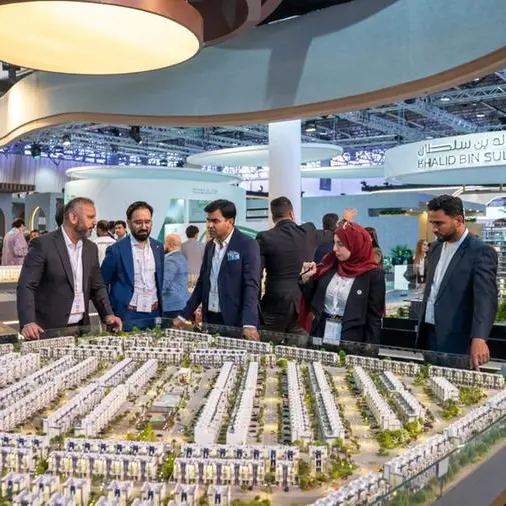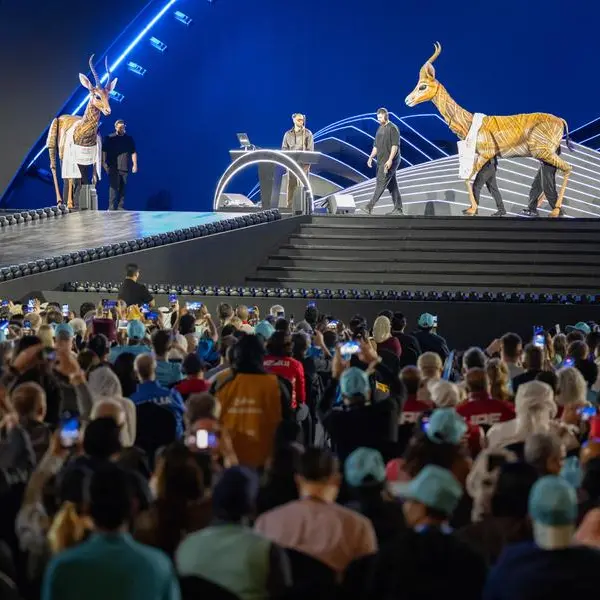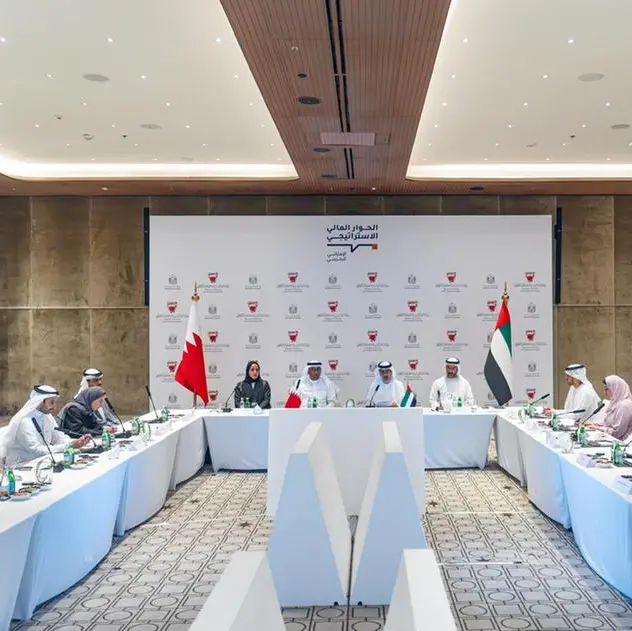PHOTO
The Abu Dhabi Judicial Department has organised a series of specialised training workshops for justice partners, aimed at shedding light on legislative developments and digital transformation mechanisms in judicial services within Abu Dhabi courts. These workshops contribute to enhancing legal skills and capabilities, ensuring an advanced judicial environment that aligns with global best practices.
Held via virtual communication technology through the Abu Dhabi Judicial Academy’s virtual hall, the workshops witnessed a wide turnout from registered lawyers with the Judicial Department, as well as representatives from law firms and legal consultancy offices.
This initiative reaffirms the importance of partnership with all components of the judicial system to support the continuous development of services, in line with the directives of His Highness Sheikh Mansour bin Zayed Al Nahyan, Vice President of the UAE, Deputy Prime Minister, Chairman of the Presidential Court and Chairman of the Abu Dhabi Judicial Department, to achieve expeditious justice of global quality that enhances Abu Dhabi’s competitive standing.
The workshops covered several key topics, including the particularities and practical challenges of rental disputes in light of the law regulating the relationship between landlords and tenants in Abu Dhabi, as well as legal developments in civil and criminal procedure laws. Additionally, they reviewed remote litigation mechanisms and virtual court sessions as part of the judicial sector’s digital transformation. The workshops also focused on the principles of legal drafting to enhance the accuracy of legal documents and judicial memoranda.
Moreover, the sessions emphasised the skills of legal characterisation of lawsuits by identifying the applicable legislation in accordance with jurisdictional rules—whether subject-matter, value-based, or organisational. They also discussed the importance of alternative dispute resolution methods, such as mediation and amicable settlements, to support effective dispute resolution. Furthermore, the workshops reinforced a human rights culture by exploring alternatives to custodial sentences and legislation related to combating human trafficking.
Lastly, the sessions highlighted the significance of fostering scientific thinking and legal knowledge, as well as their role in addressing newly introduced legal provisions. This contributes to understanding the legal dimensions required for developing a balanced approach to dispute resolution within the framework of legislative and judicial advancements.




















